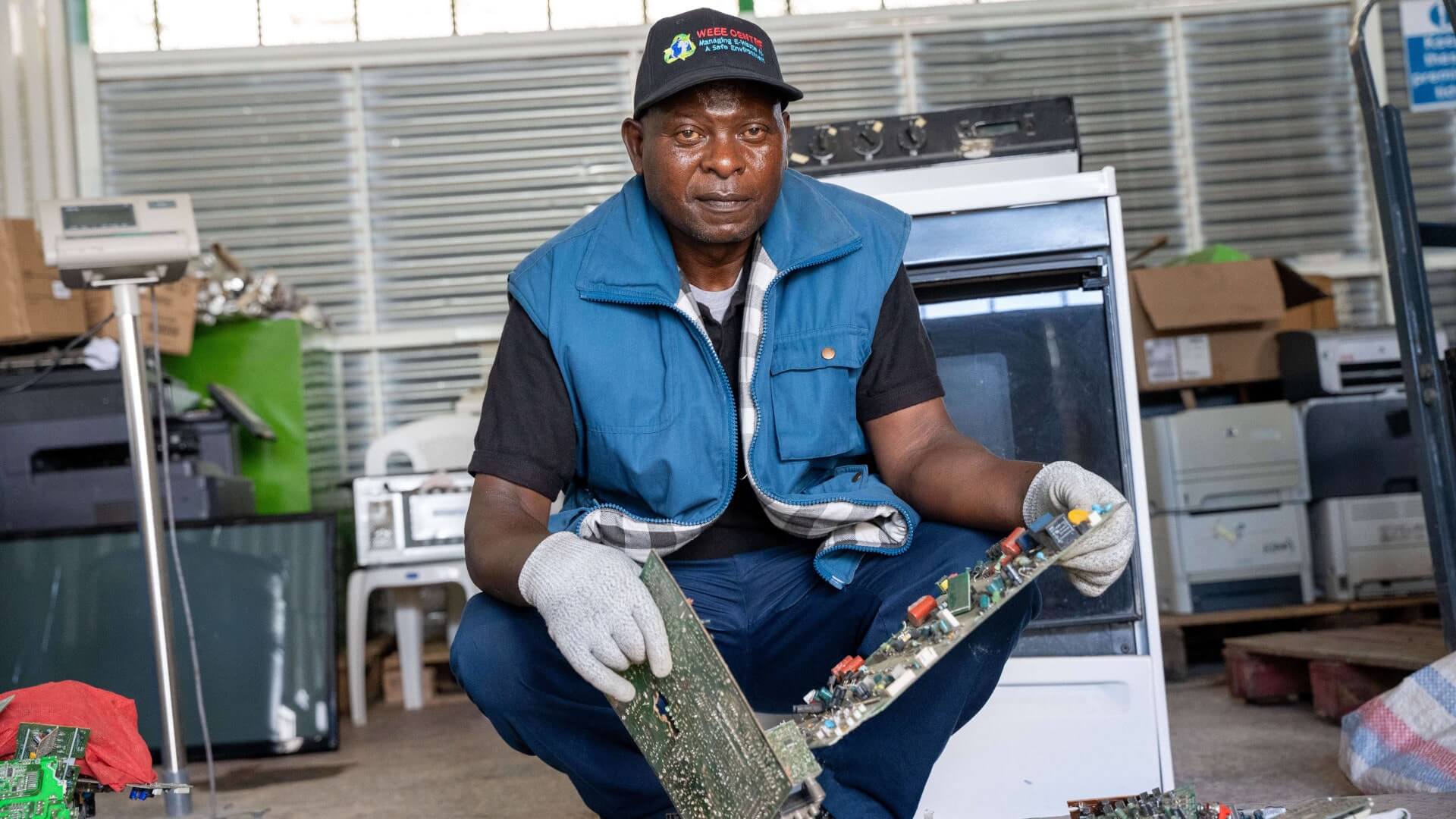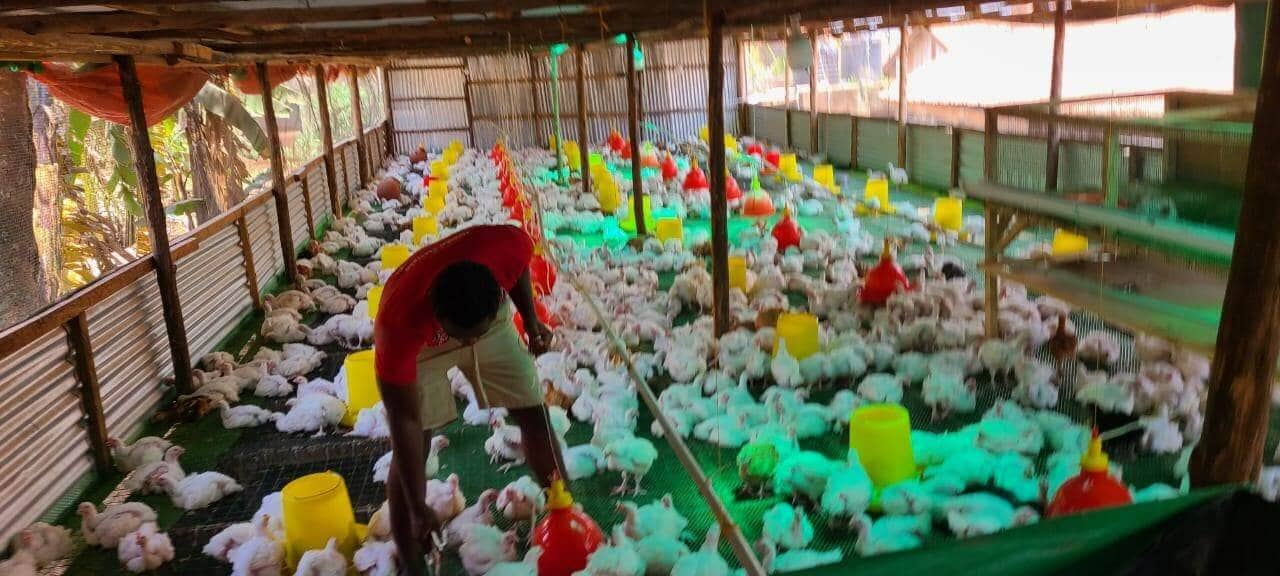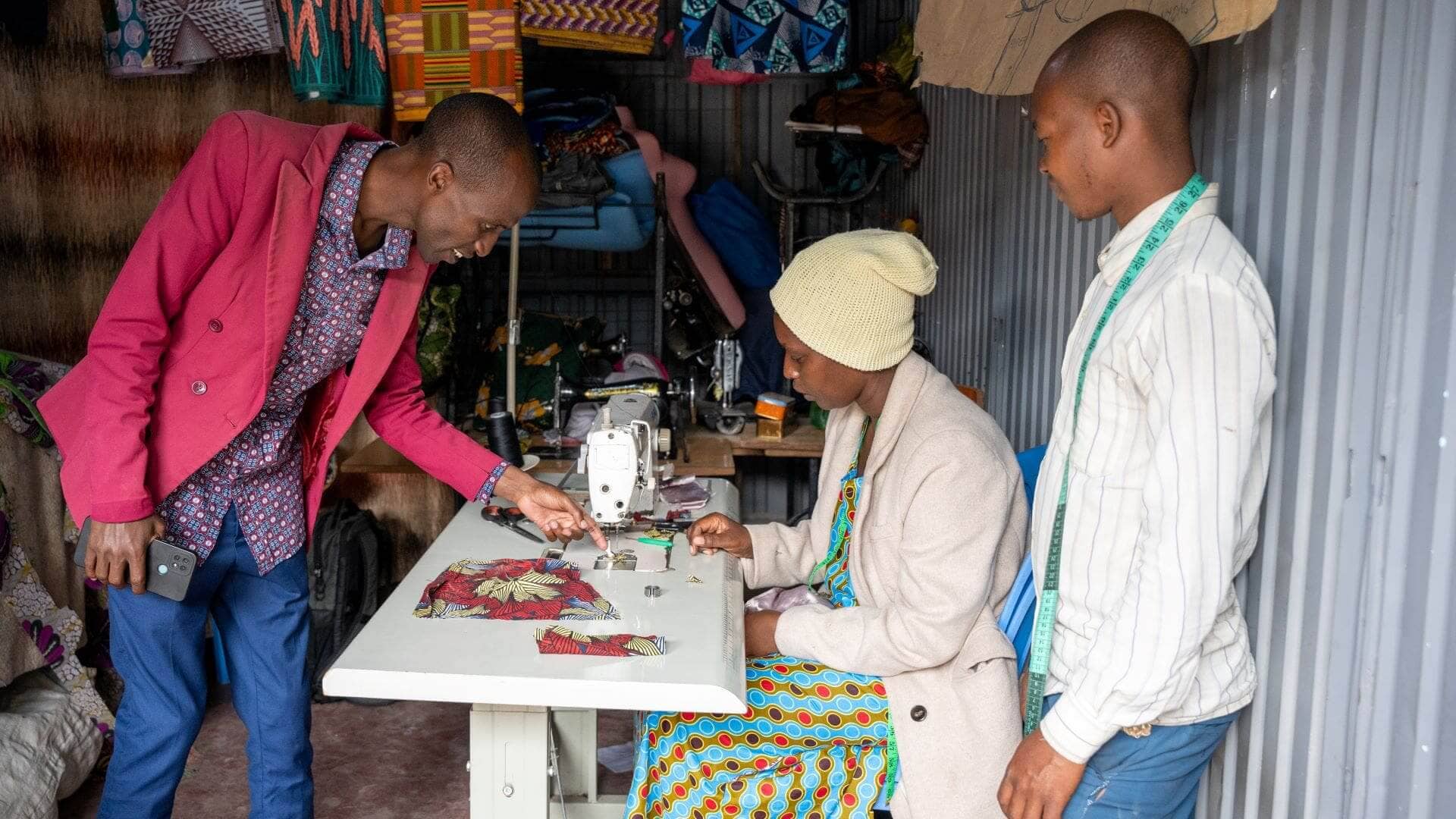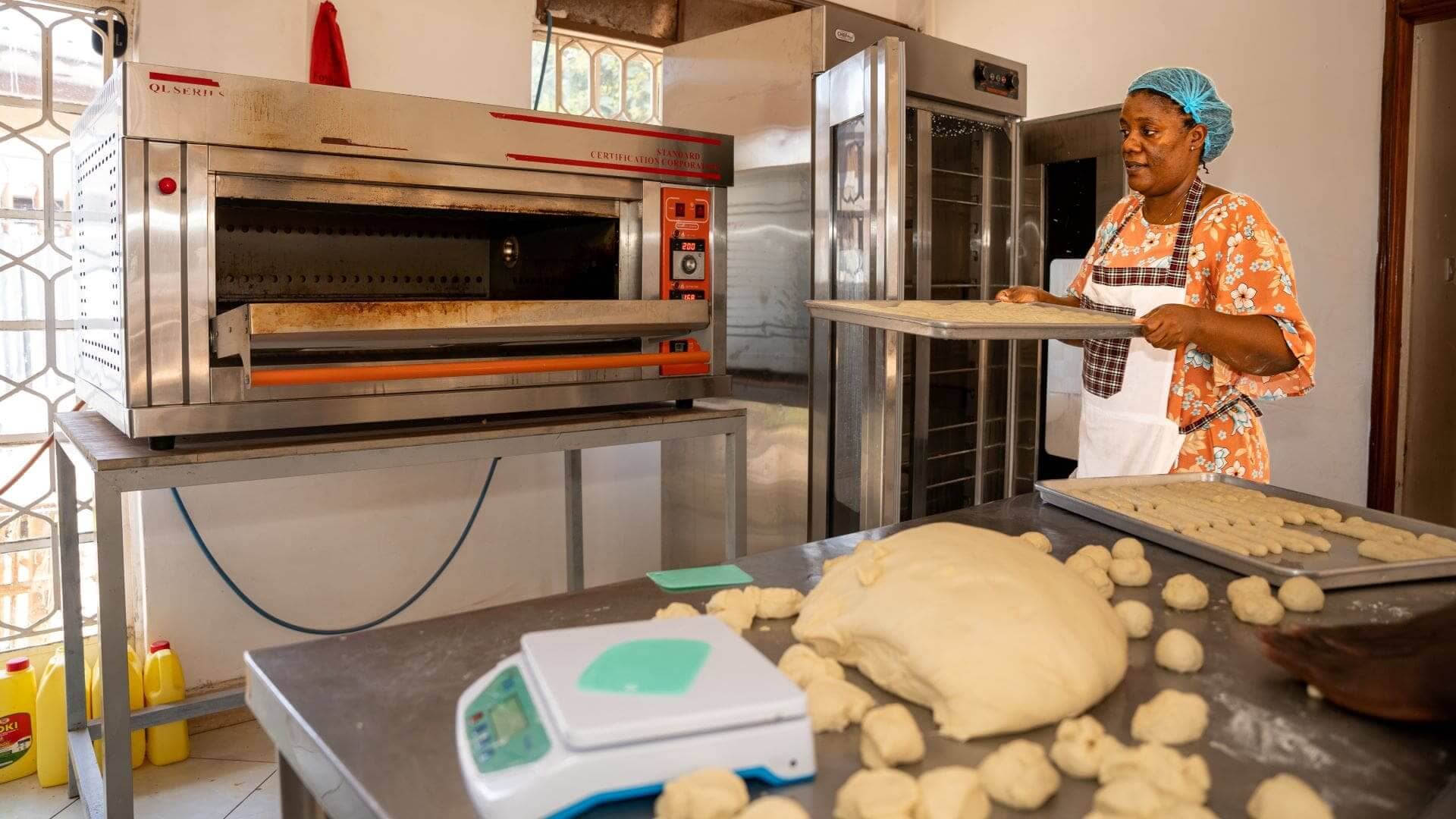Not garbage, it is business - Swara
Not garbage, it is business - Swara

31st October 2023 – Nairobi, Kenya. Kennedy Swara 47, poses with motherboards from e-waste materials gotten from the streets of Nairobi. He collects electronic waste products for recycling at WEEE Center. (PHOTO: Edgar Otieno/TheIRC)
In 2020, when COVID-19 struck, 47-year-old Kennedy Swara, a father of two lost his only source of livelihood. The logistics company he was working for closed business due to reduced cargo traffic at the Jomo Kenyatta International Airport. At the time, Swara was living at a two-bedroom apartment with his family at the nearby Utawala Estate, Nairobi.
The job loss left him with no options but using up all his savings to cater for the family needs. He also opted to venture into vegetable farming but suffered yet another setback. The unreliable rainfall patterns left him with little produce from the piece of land he had leased to try a hand in farming.
To the former airport worker, each day brought new challenges and he embraced them eagerly. He learned to diagnose and repair a wide range of devices, from laptops and smartphones to gaming consoles and home appliances. A new path that has led him to e-waste management, finding respite, thanks to the International Rescue Committee (IRC’s) Re:BUiLD Program skilling and apprenticeship intervention targeting refugees and vulnerable Kenyans in Nairobi and Kampala.
After receiving support to study hardware maintenance, his dedication saw him retained as at the WEEE Center where he is earning a living by helping address Kenya’s electronic waste menace. According to the National Environment Management Authority (NEMA 2022), the country is grappling with over 50,000 metric tons of e-waste. This is an equivalent of Kenya’s coffee export volumes for 2022 but many are yet to tap the opportunity which Swara is determinedly making the most of. In November 2023, Swara told Re:BUiLD in Action he is able to earn on average Kshs 42,000 monthly from e-waste collection.
He says: “Everything from an electronic devise is very important. As I have come to learn, we should not throw anything to our beautiful environment. It either has plastic, glass, copper, or a hard disk. At least every fraction of an item has a function.”
Swara decries dumping of electronic waste and hopes more people can learn to responsibly dispose household electronics. He engages young people in low-income settlement areas in the city collect and sell damaged electronic gadgets for a living.
“E-waste, currently I call it a business. In the early days people used to look down on people carrying sacks on their backs saying that they are collecting garbage. In the real sense, most of these people have gone deep into this field of e-waste. People should be educated to have an idea of what it means to venture into e-waste and they can earn a living,” concludes Swara.


